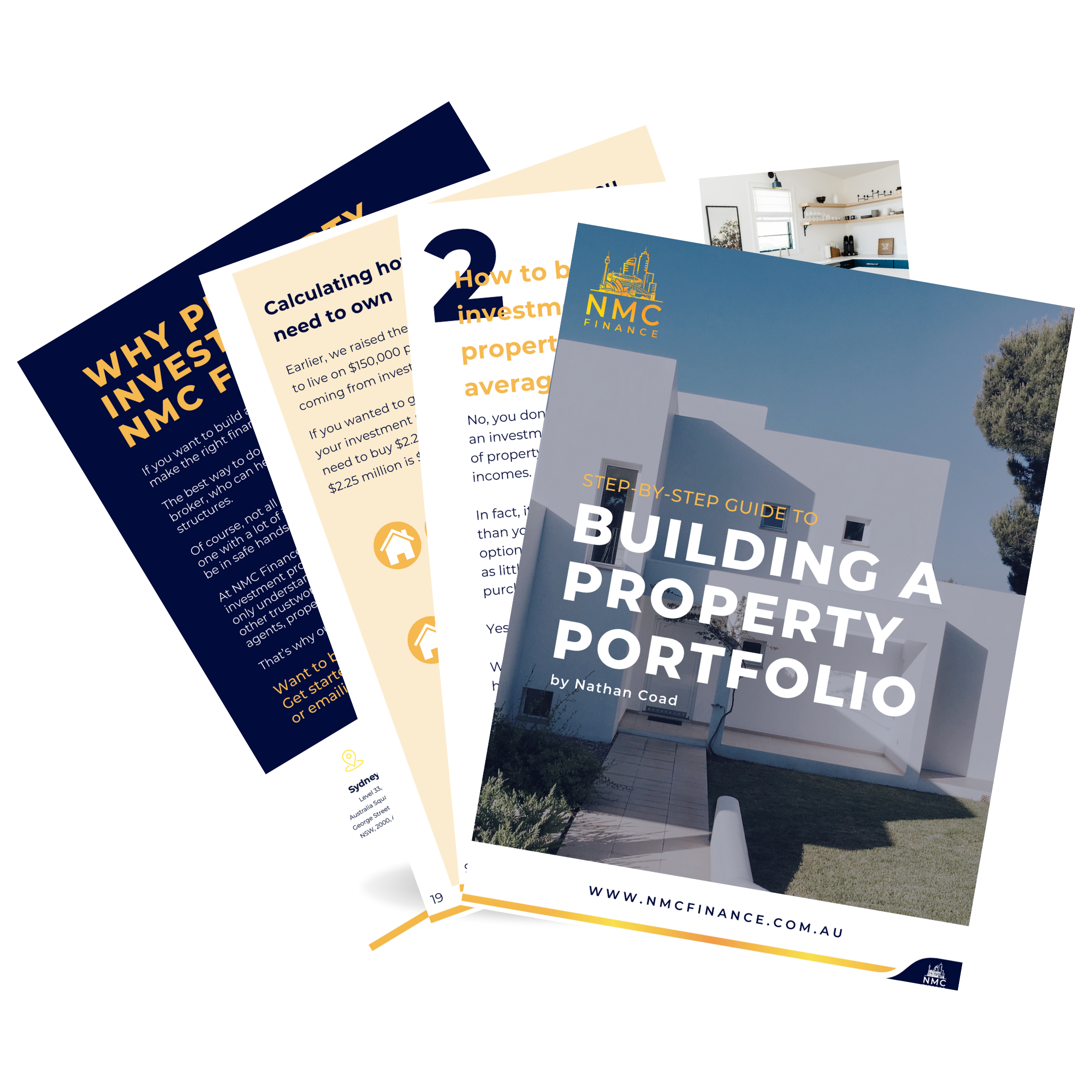It’s disheartening if you’ve been priced out of the property market where you want to live. Even if you’re prepared to compromise on location, it can still be hard to buy your first home in Australia, thanks to soaring property prices.
But don’t give up on your homeownership dreams just yet. There might be an alternative way of entering the market while still getting to live in the suburb of your choice. It’s known as ‘rentvesting’ and, as any mortgage broker will tell you, it’s a growing trend across Australia.
So what is rentvesting? How does it work? And what are the pros and cons of the strategy?
Rentvesting explained
Rentvesting is when you buy an investment property in an area that suits your budget. This property can be located anywhere – whether that’s in metropolitan Melbourne, regional Victoria or even interstate. Your investment property can then be rented out – with the rental income going towards paying off your house loan.
At the same time, you rent a property in an area you want to live in. This, in theory, gives you the best of both worlds.
That said, rentvesting isn’t for everyone. It also comes with some drawbacks you need to consider.
The benefits of rentvesting
- Getting the flexibility to live where you want, when you want – without your borrowing power impacting your lifestyle
- Benefiting from any capital gains – if you buy the right property at the right price and it gains in value
- Having the opportunity to build wealth – by leveraging any equity to build a wealth-generating property portfolio
- Entering the property market ahead of schedule – if you buy a cheaper investment property, you’ll need a smaller deposit
- Making the most of any tax deductions – as tax rules generally allow interest payments on investment mortgages to be deducted from a person’s taxable income
The drawbacks of rentvesting
- Losing access to first home owner grants – as you might not be eligible as an investor
- Renting your own home – in which you can be asked to move out at any time
- Not having the freedom to make any renovations – without running it by your landlord first
- Being liable for capital gains tax – if you make a profit when it’s time to sell the investment property
- Paying both a mortgage and your rent – even though the rent you receive from your tenants will help offset these costs
Is rentvesting right for you?
Everyone’s circumstances, needs and goals are different – so there isn’t a one-size-fits-all answer to that question.
Rather, you should do your research, crunch your numbers and get expert advice from a home loan mortgage broker or financial adviser to see if it makes sense for you.
Looking to enter the property market? NMC Finance is an experienced home loan broker and can help you get home finance – whether you’re looking to rentvest or be an owner-occupier. Contact Nathan Coad on 0498 766 639 or nathan.coad@nmcfinance.com.au to find out more.
* This blog is intended for general informational purposes only. For personalised advice tailored to your unique financial situation, please contact NMC Finance.

